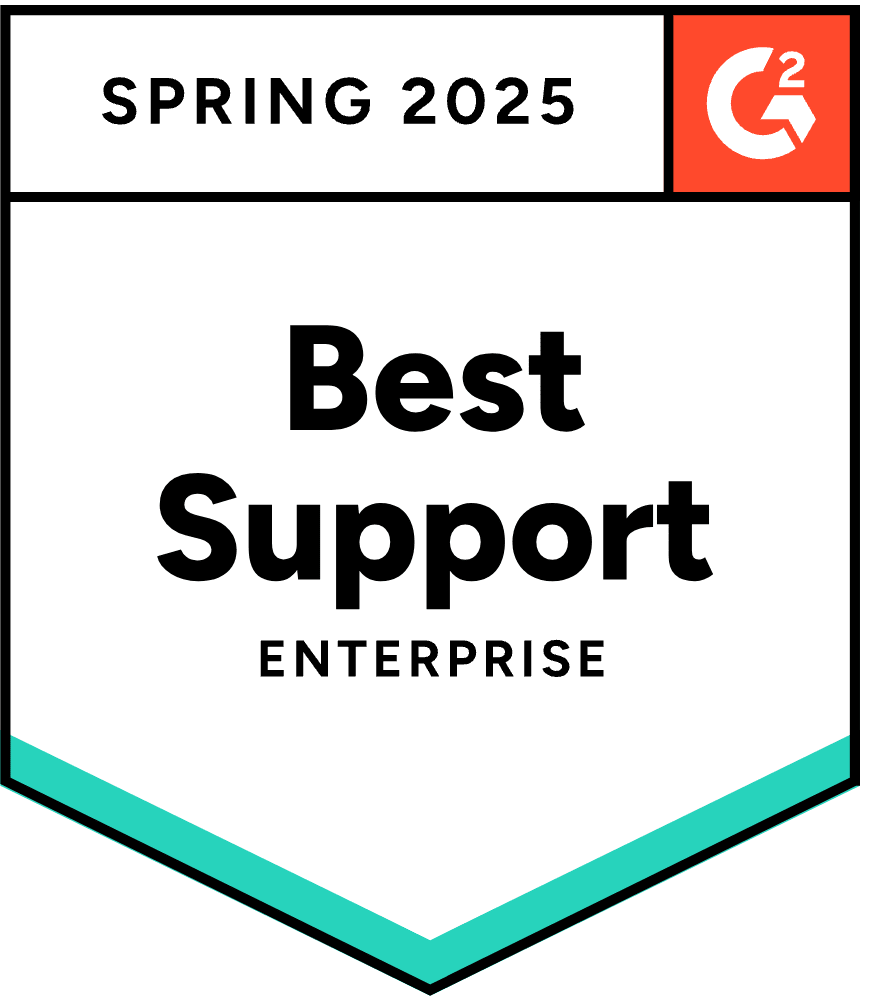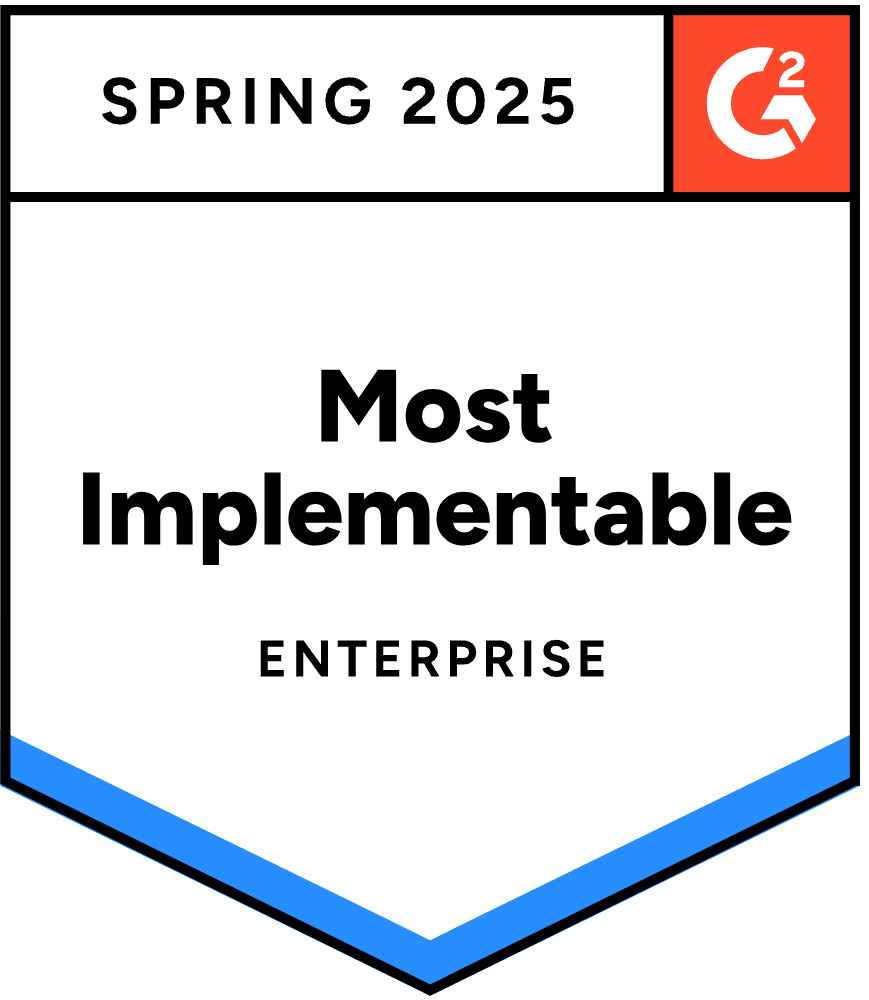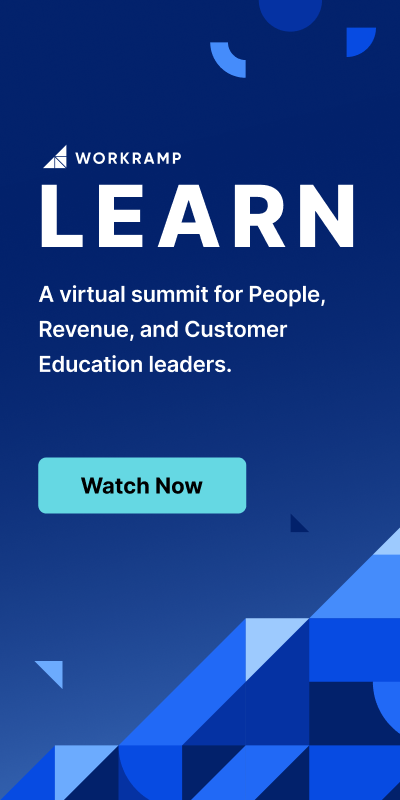How to Develop Emotional Intelligence & Why You Need it in the Workplace
Kimberli Lowe-MacAuley | FlexJobs
View bioLearning Tips Straight to Your Inbox
Have you heard about emotional intelligence in leadership and wondered if it’s just another buzzword?
Well, it’s not.
Emotional intelligence—sometimes called emotional quotient (EQ)—can be challenging to define, but you probably know it when you see it.
Two psychology professors first used the term in a research paper, but it became prominent in 1998 when Psychologist Daniel Goleman shared it in the Harvard Business Review magazine. Fundamentally, EQ is the ability to understand and manage personal emotions while recognizing and empathizing with them in others.
Work cultures are embracing that message today more than ever. As a result, there’s been a dramatic shift in awareness of workplace stressors and mental health. In fact, the Surgeon General highlighted the link between healthy work environments and healthier communities.
With the growing body of evidence that workers are struggling more than ever—and the clearly defined connections between work and overall wellness—cultivating emotional intelligence skills in today’s leadership is more critical than ever.
In this post:
Understanding emotional intelligence and its value in the workplace
While EQ can seem like a vast topic, in his article, Goleman lists five essential components of emotional intelligence:
- Empathy
- Motivation
- Self-awareness
- Self-regulation
- Social skills
Adept leaders use these five focus areas to foster deeper team connections. And organizations see a 70 percent higher engagement rate when their team feels valued and supported.
And employee engagement directly impacts profitability. In fact, a different Gallup report shows that companies with higher engagement report a 21 percent increase in profitability.
Read more: 9 Strategies to Improve Employee Engagement
Building a human-centered culture
Prioritizing individuals over results is a cornerstone of people-centric leadership. Organizations focusing on a human-centered business model embrace the complex interplay of factors influencing employee performance.
These factors include individual motivators, social relationships, and environmental conditions—all foundational to recognize as leaders move toward making decisions and interactions based on their emotional intelligence.
Moreover, growing EQ affords leaders a remarkable ability to manage their emotions. Strategic purpose, rather than impulsive reactions, drives results. Cohesive messaging and consistent responses further drive a team’s results and feelings of safety in bringing their whole selves to work.
Read more: What is Leadership Development and Why is it Important?
Bring the benefits of emotional intelligence to your company culture
Have you ever known a leader with a seemingly innate ability to connect with their team?
They seemed to know which team member needed support at pivotal moments. As they worked through projects, their leadership style pivoted to offer feedback at times and, at others, a bit of space for creativity. Their team was deeply engaged and expressed that they felt valued and supported.
That’s a perfect example of bringing emotional intelligence into the workplace. Leaders foster improved relationships by better understanding individual motivations. More productive work environments result from more effective communication and collaboration.
Emotionally intelligent leaders can take a step back to consider varying perspectives rather than having a one-size-fits-all approach to every situation. As a result, they come up with creative solutions that may have otherwise been overlooked.
Using EQ in leadership helps everyone work together better and achieve their goals. When leaders in the workplace use emotional intelligence, they can better mentor and motivate their team while providing constructive feedback. This recognition is essential for team members looking to grow and develop within a company.
It’s essential to dedicate time to leadership development as an organization and individuals. Those skills can be learned, honed, and developed with proper training.
Developing emotional intelligence in the workplace
Training leaders to approach each situation with emotional intelligence is a fundamental first step. In fact, it might be the most fundamental step.
According to Goleman, 90 percent of a leader’s success can be attributed to EQ factors.
Beyond that, however, companies need to create a shift in their foundational cultures. Cultivating EQ is no longer a good HR practice but is becoming essential for organizations that want to compete in the modern business landscape.
If you want to build trust within your teams and grow your understanding of emotions, focus on developing the following skills throughout your workforce.
Hone active listening skills
Do you find yourself framing an answer or a rebuttal to what your team members are saying before they finish speaking?
Ensure you’re not interrupting them and show appreciation for brainstorming ideas.
What about team members that tend to be more introverted? Find ways to actively seek their feedback and ensure that they’re included in less intimidating ways than a large meeting or event.
Offer an understanding of life’s challenges
If your company has an employee assistance program (EAP), are you mentioning it beyond the onboarding overview?
When employees struggle with challenging days, take a moment to ensure you approach them with compassion rather than frustration.
For an ongoing challenge, ensure they understand the breadth of resources your company’s EAP offers.
Provide a means of connection
Proactively fight the mental health effects of isolation and burnout. If you’re working remotely, it’s even more essential to be mindful of team members’ need for support to build rapport.
Those connections help boost collaboration as employees grow more comfortable.
Read more: How to Create High-Performance Remote Teams
Fostering connection can be as simple as offering Slack channels where teammates can connect over work-appropriate interests, such as cooking, parenting, pets, nature, etc. Or, consider starting your meetings with casual conversation and icebreakers to continue building relationships.
Larger organizations can benefit from forming more robust employee resource groups. Through various employee groups, your team will discover an environment where they connect with others they identify with in multiple ways.
Support flexible working initiatives
Balancing work and life is one of the most challenging aspects of a professional’s life. Flexible work initiatives promote a better work-life balance and display a fundamental trust in your team.
For example, an emotionally intelligent workplace recognizes that team members have different needs regarding time between breaks.
Some team members might like to push through, while others prioritize breaks every few hours to seek fresh air and a better headspace.
Avoid workplace drama
Office politics, gossip, and playing favorites can quickly create a toxic work environment. Even if it seems like a few harmless interactions, EQ can give you another perspective.
Looking from the outside in at your interactions, you can see how you might negatively affect teammates’ work environment. Conflicts happen, and often, a lack of communication is to blame.
Rather than allow drama to take over, listen to each perspective and work toward a resolution that benefits everyone.
Improving emotional intelligence in the workplace
In today’s workforce, it’s more important than ever for organizations to prioritize emotional intelligence.
An emotionally intelligent workplace can lead to better collaboration, improved trust, healthier relationships with colleagues, and improved performance overall. And these results equate to more dedicated team members, better client outcomes, and lower turnover rates.
Complete the form for a custom demo.
Recent Posts
- 11 AI LMS for AI-Powered Learning June 27, 2025
- The Best LMS Platforms for Customer Retention (2025 Guide) June 27, 2025
- 11 Best AI Learning Platforms June 16, 2025
- Top AI LMS Features (and Why They Matter in 2025) June 16, 2025
- Top Learning Management Tools in 2025 June 6, 2025
Kimberli Lowe-MacAuley | FlexJobs
Kimberli Lowe-MacAuley is a Content Coordinator for FlexJobs. With a background in recruiting and training, Kimberli spent the majority of her career in leadership with Fortune 500 companies before joining the FlexJobs team. Now she empowers job seekers and employers with actionable tips to build a flexible work culture.
You might also like
How to build a fool-proof talent development strategy
Talent development combines personalized learning systems—like career mapping, coaching, and mentoring—to create a company culture based on continuous learning to upskill employees and create an empowered, unstoppable workforce.
Read More
What are the benefits of online learning?
When it comes to professional development and continued learning, online courses and programs offer several advantages over traditional in-person options.
Read More
How to create employee development plans that work
By creating excellent employee development plans, you give team members a chance to reach their full potential—and show them their success is a priority.
Read More
Decrease Ramp Time and Increase Revenue
Get in touch to learn how WorkRamp can help you achieve your learning and development goals.
Request a Demo




